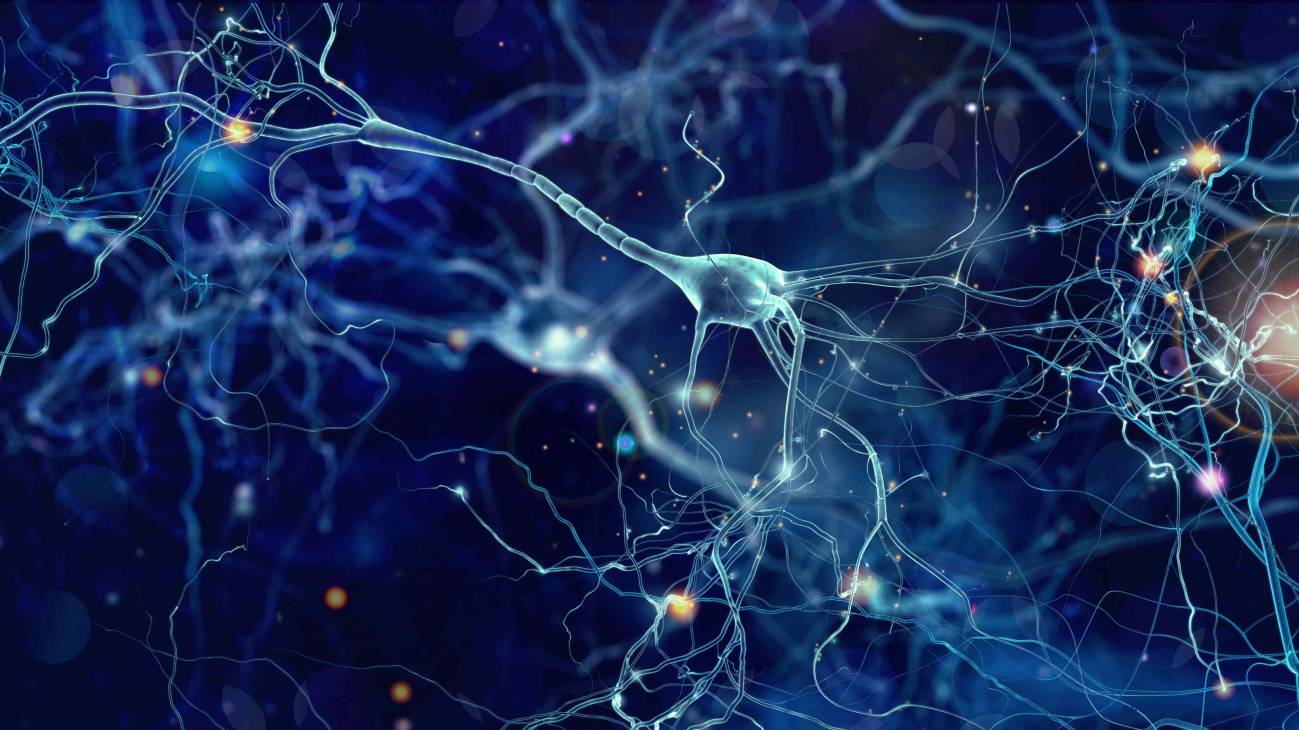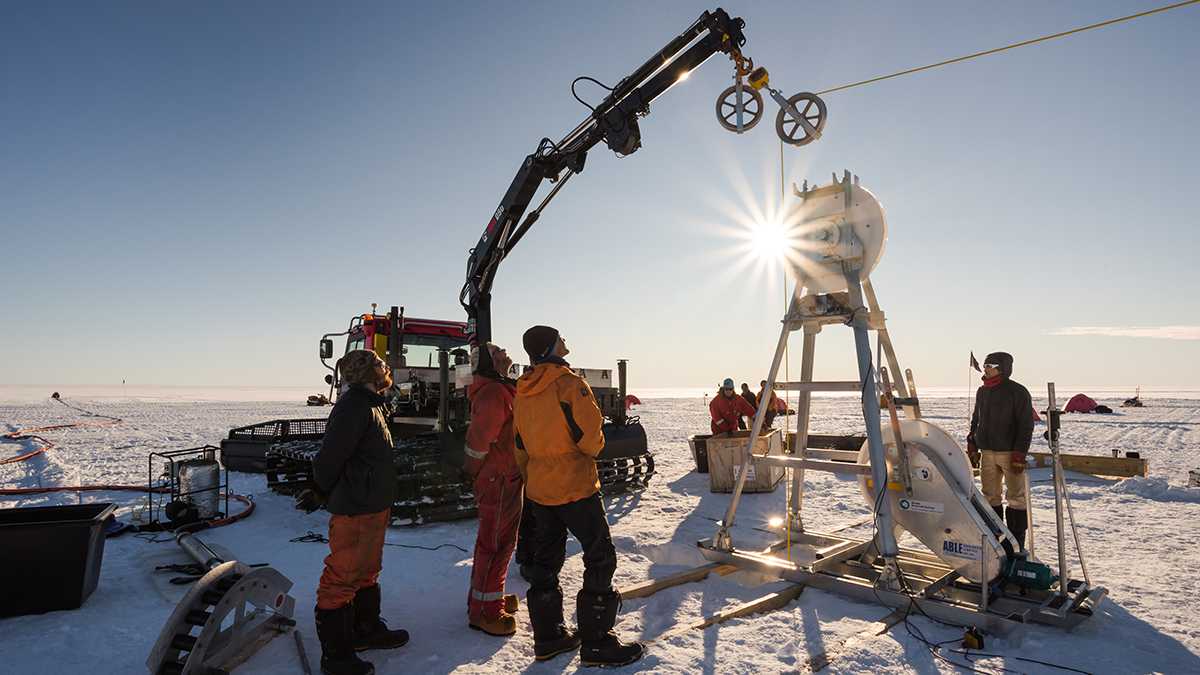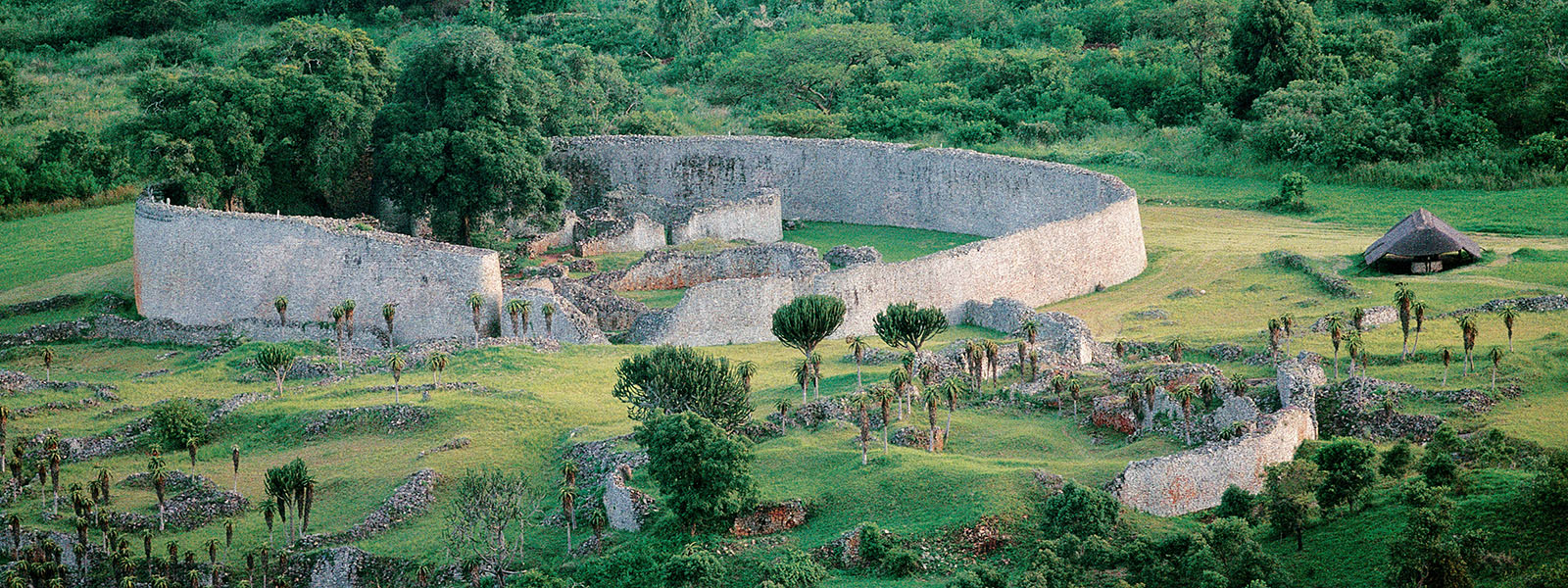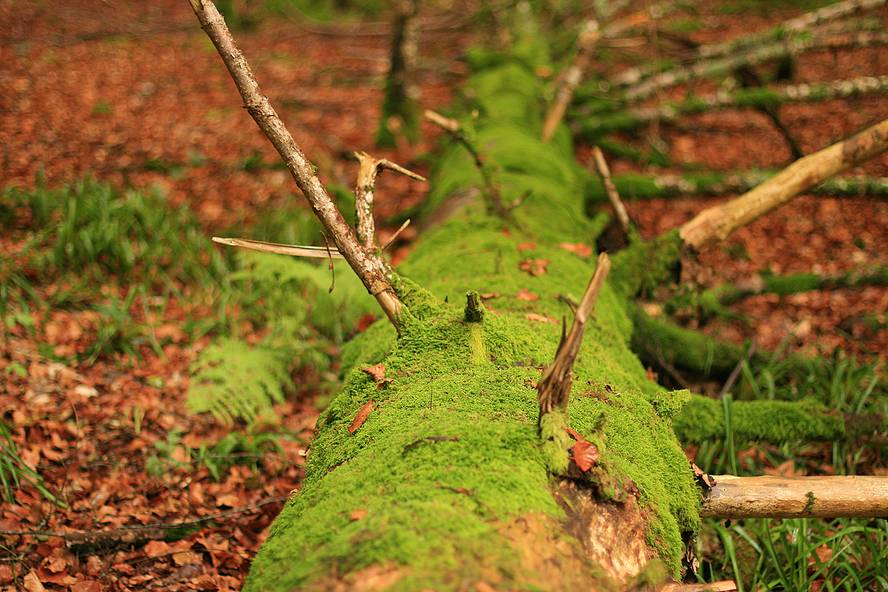Ciencia en los medios
-

Revelan cómo el cerebro organiza y dirige su actividad más lenta
La dirección de las ondas lentas cerebrales depende de la excitabilidad de las neuronas. Un modelo computacional demuestra que no es solo la anatomía la que determina cómo se propagan […]
-

Trump links autism and Tylenol: is there any truth to it?
The US president repeatedly advised people, “Don’t take Tylenol,” but scientists say that strong evidence between the medication and autism is lacking.
-

Strong Tides Speed Melting of Antarctic Ice Shelves
Ocean currents along the underside of the ice are a major control over melting.
-

Las civilizaciones de África desde una nueva perspectiva
Los pequeños asentamientos y el flagelo de la esclavitud dejaron lagunas en el registro arqueológico de África. Sin embargo, sitios y artefactos revelan pistas sobre la historia más reciente del […]
-

Materiales para aviones inspirados en los esqueletos de los erizos de mar
Hoy en día, hasta el 50 % del volumen de un avión moderno como el 787 Dreamliner o el Airbus A350 está fabricado con materiales compuestos, principalmente polímeros termoestables reforzados con fibra de carbono.
-

Llevamos toda la vida equivocados con como funcionan las estaciones, ahora la ciencia conoce la verdad
La clave de la inmensa biodiversidad de la Tierra podría estar oculta en el caos: un desfase en los ciclos estacionales que un nuevo estudio ha detectado en todo el […]
-

Iratiko zentinelak
Aurten eman dituzte emaitzak argitara, nahiz eta laginak duela dozena bat urte bildu zituzten. Ikerketaren helburua zen airetik iritsitako kutsatzaileen kontzentrazioa neurtzea, non eta Europako pagadi-izeidi handienetako batean: Iratin. Pirinioen […]
-

La paradoja del fuego: los incendios globales disminuyen, pero afectan cada vez a más personas
Un estudio publicado en la revista ‘Science’ señala que, pese a que las hectáreas de terreno quemado se redujeron un 26% entre 2001 y 2022, las poblaciones que viven en […]
-

The AI Was Fed Sloppy Code. It Turned Into Something Evil.
The new science of “emergent misalignment” explores how PG-13 training data — insecure code, superstitious numbers or even extreme-sports advice — can open the door to AI’s dark side.
